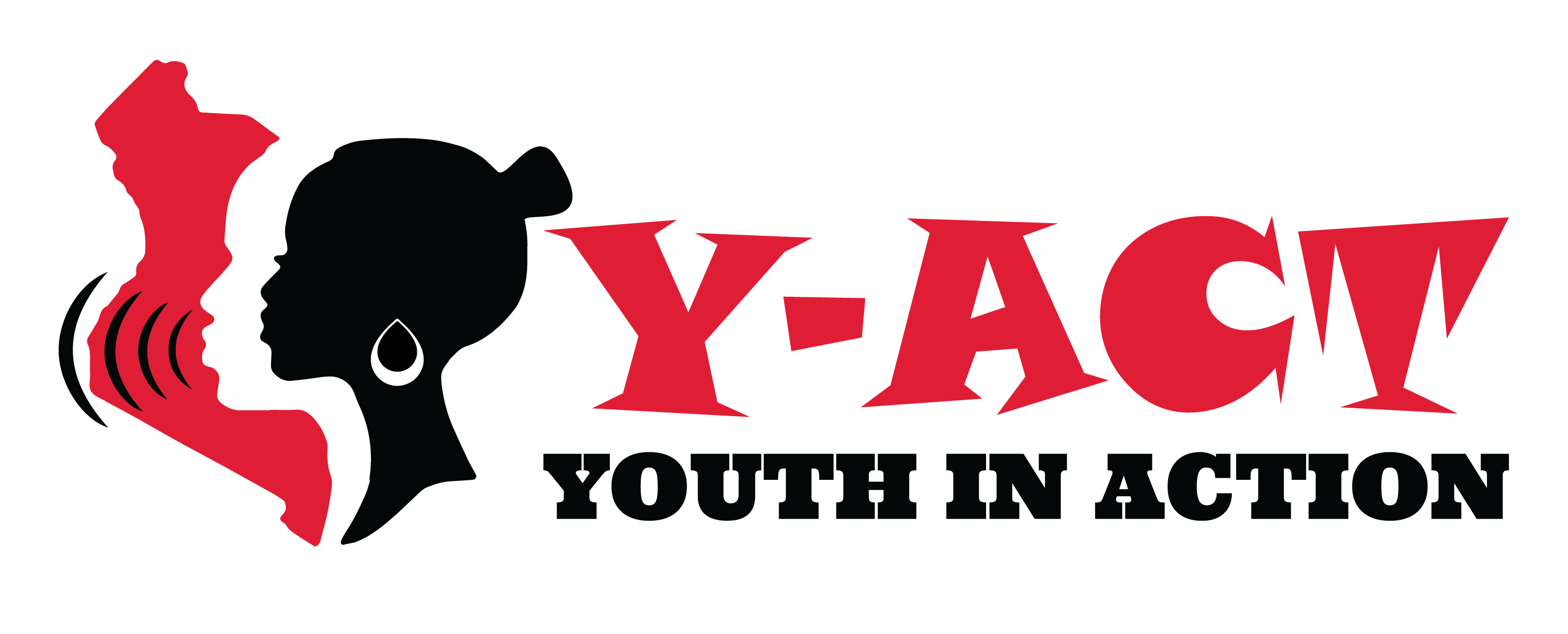Our Commitment: Making Menstruation a Normal Fact of Life by 2030
According to the WHO/UNICEF Joint Monitoring Programme 2012, menstrual hygiene management is defined as: “Women and adolescent girls are using a clean menstrual management material to absorb or collect menstrual blood, that can be changed in privacy as often as necessary, using soap and water for washing the body as required, and having access to safe and convenient facilities to dispose of used menstrual management materials. They understand the basic facts linked to the menstrual cycle and how to manage it with dignity and without discomfort or fear.” [1]
However, the onset of menstruation, one of the most pivotal moments in the lives of women and girls is far too often unmet with adequate menstrual hygiene management tools and resources. In total, an estimated 500 million women and girls globally lack access to menstrual products and adequate facilities for menstrual hygiene management (MHM). While there are approximately 800 million girls and women on their periods every day, shame and stigma are attached to menstruation often due to harmful social and gender norms.
Closer home, menstrual hygiene products are unaffordable for many women and girls in Kenya; a fact that is not talked about enough. This is in spite of the fact that the Kenyan government repealed tax on sanitary products in 2004. Further, the government has made efforts to distribute sanitary towels to school going girls. However, this noble effort remains encumbered by supply challenges as well as misappropriation of funds by duty bearers that prevents young girls from accessing these much-needed products. Not forgetting that while noble, this effort excludes out-of-school girls who are often from lower income or marginalized communities. In turn, inadequate access to menstrual products disrupts the education of young girls. A study in Kenya found that 95% of menstruating girls missed 1-3 school days, 70% reported a negative impact on their grades, and more than 50% stated falling behind in school because of menstruation (Mucherah and Thomas 2017).
However, this is not to say that stakeholders have not made strides towards improving menstrual hygiene management in Kenya. In 2020 for instance, the Kenya Government through the Ministry of Public Service and Gender launched the Menstrual Hygiene Management (MHM) Policy and Strategy (2019-2030), a well-lauded development. Further, civil society and private sector players continue to supplement the efforts of government by donating sanitary products to under-served communities and advocating for favourable policy frameworks for improved MHM counties, particularly at the grassroots level. However, we must admit this is not enough.
We still have a ways to go to ensure that every woman and girl menstruates with the dignity they deserve. As we commemorate Menstrual Hygiene Management Day 2022, we are all called upon to re-affirm our commitment to make Menstruation a Normal Fact of Life by 2030, spurring us into intentional action towards a just world. The Y-ACT Kilifi Chapter has proven to be a trailblazer in advancing menstrual hygiene management outcomes within the county by being the first county to domesticate the National MHM Guidelines launched in 2020. Similar action from other county governments will undoubtedly go a long way in improving access to MHM services and information for young women and girls all over Kenya. Further, addressing the harmful social norms through comprehensive sexuality education that have for so long shrouded menstruation in stigma and shame is a sure step towards making menstruation a normal fact of life by 2030. #WeAreCommitted. Are you?
Written by Beatrice Nyamwenge Okech
[1] https://www.worldbank.org/en/topic/water/brief/menstrual-health-and-hygiene
